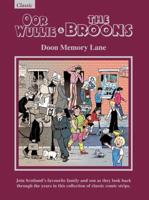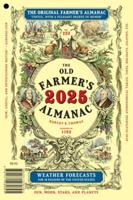Publisher's Synopsis
Excerpt from Annual Report of the Fire Department and Wire Division of the City of Boston: For the Year Ending December 31, 1926
All steam fire engines have been eliminated from service in the department and all engine companies are now equipped with gasolene pumping engines.
Two new companies have been established during the year, namely, Ladder Company 31 in East Boston, giving additional protection for this section Of the city, and Rescue Company 2 in Roxbury, which will perform service similar to that performed by Rescue Company 1 in the city proper.
The Rules and Regulations are being revised and edited. The rules under which the department has been operating are Obsolete and not adapted to modern practice. Many Of the rules do not cover conditions which exist in the department today, due to many changes in the conduct of the fire departments, such as the introduction of motor apparatus, high pressure water system, the two-platoon system, etc: One Of the most beneficial steps taken to improve the morale Of the department was the establishment Of a drill school for all members Of the department. In the past it has been the custom to send all probationers through the drill school before they are accepted as firemen. The men's training was neglected from then on, and because Of lack Of practice. The lessons taught in the drill school were forgotten. Now all officers below the grade Of district chief, and all privates regard less Of their length of service, are compelled to attend the department drill school which has been in session daily for the past six months.
About the Publisher
Forgotten Books publishes hundreds of thousands of rare and classic books. Find more at www.forgottenbooks.com
This book is a reproduction of an important historical work. Forgotten Books uses state-of-the-art technology to digitally reconstruct the work, preserving the original format whilst repairing imperfections present in the aged copy. In rare cases, an imperfection in the original, such as a blemish or missing page, may be replicated in our edition. We do, however, repair the vast majority of imperfections successfully; any imperfections that remain are intentionally left to preserve the state of such historical works.








